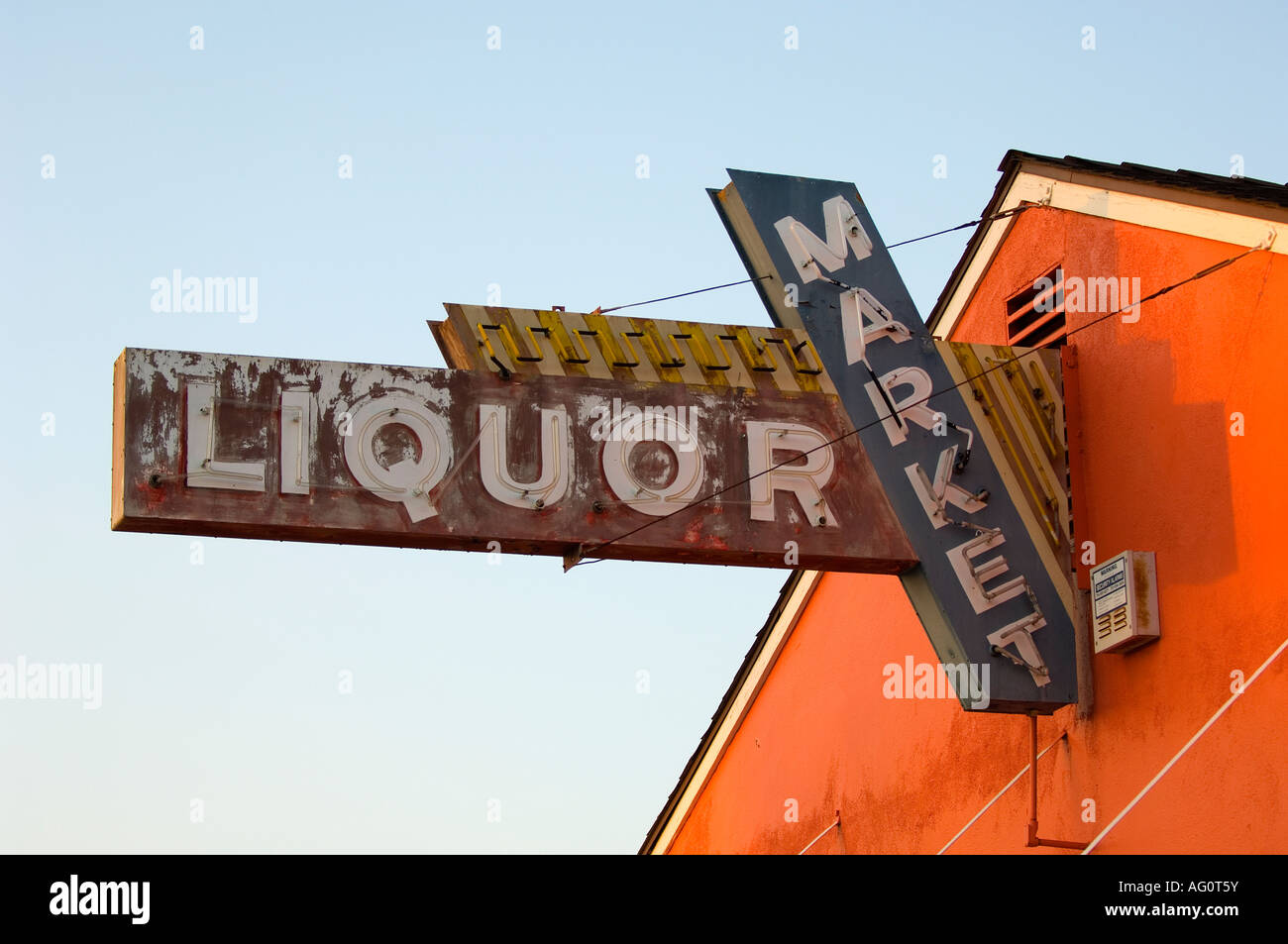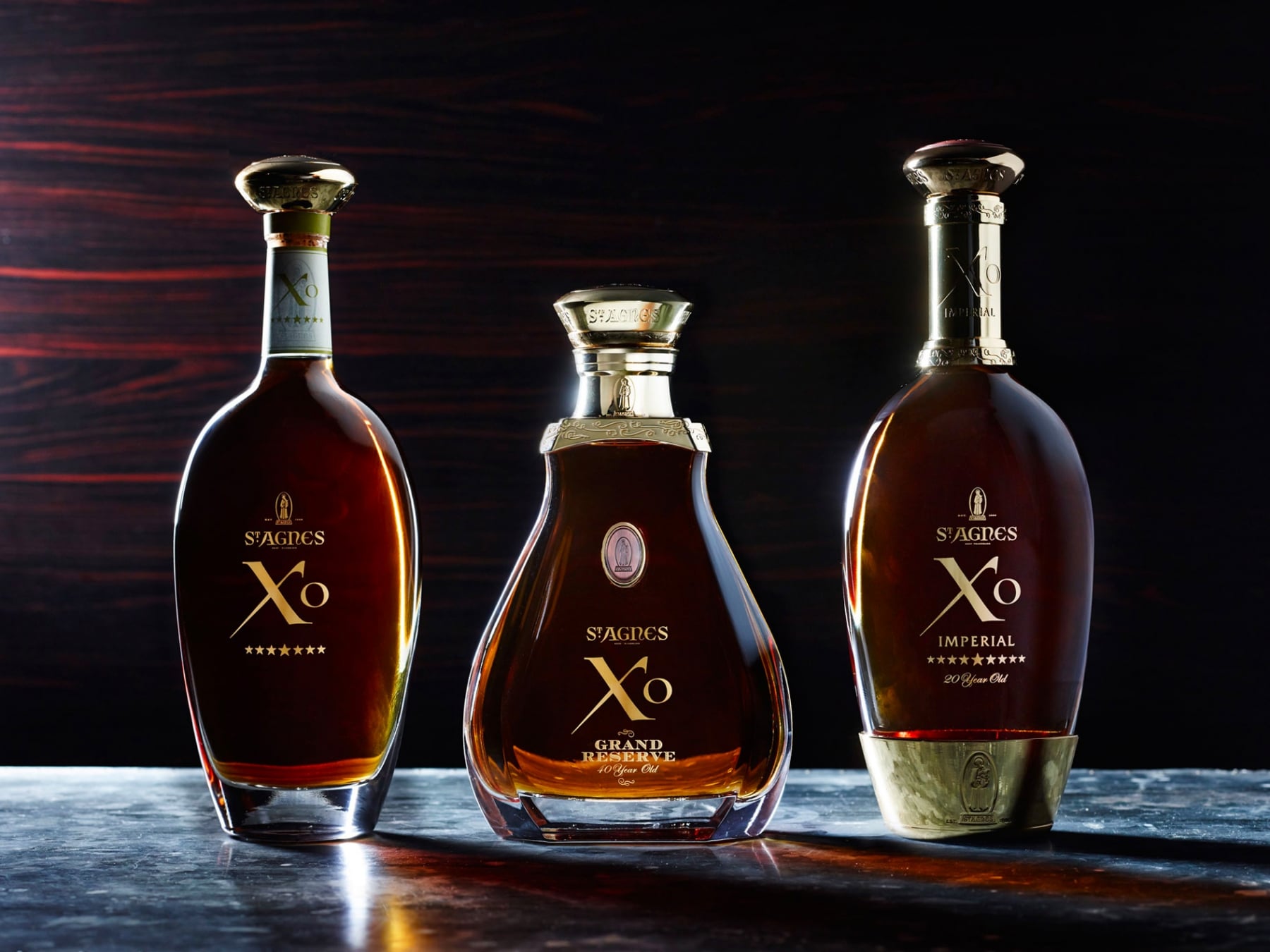Discovering the world of unique liquor is more than just sampling rare spirits; it’s about understanding the culture, history, and market dynamics that shape this fascinating industry. The global market for unique liquor continues to expand, driven by consumer demand for premium, artisanal, and exotic beverages. As more people seek to explore beyond the ordinary, the liquor industry has responded with innovative offerings that cater to diverse tastes and preferences.
The term "unique liquor" encompasses a wide range of spirits that stand out due to their distinct flavors, production methods, or cultural significance. From small-batch distilleries to exotic ingredients sourced from around the world, the market for unique liquor offers something for every palate. This article will delve into the intricacies of this growing industry, exploring its trends, challenges, and opportunities.
Whether you're a connoisseur looking to expand your knowledge or a curious beginner eager to discover new flavors, this guide will provide valuable insights into the world of unique liquor and market dynamics. Let’s dive in and explore what makes this industry so captivating.
Read also:Aisha Sofey The Rising Star In The World Of Education And Digital Innovation
Table of Contents
- Biography of Unique Liquor
- Unique Liquor Market Overview
- Types of Unique Liquor
- Production Process of Unique Liquor
- Current Trends in the Unique Liquor Market
- Challenges Facing the Unique Liquor Industry
- Opportunities in the Unique Liquor Market
- Understanding Consumer Preferences
- Regulations and Compliance in the Liquor Industry
- Future Prospects for Unique Liquor
Biography of Unique Liquor
The history of unique liquor is as rich and varied as the spirits themselves. Distillation techniques have been perfected over centuries, leading to the creation of spirits that reflect the cultural heritage of their origins. Below is a brief overview of the key characteristics of unique liquor:
Key Characteristics of Unique Liquor
| Characteristic | Description |
|---|---|
| Flavor Profile | Diverse and complex, often influenced by local ingredients and traditional recipes. |
| Production Method | Artisanal processes that emphasize quality over quantity. |
| Geographical Origin | Often tied to specific regions, contributing to its uniqueness. |
| Cultural Significance | Reflects the traditions and history of its place of origin. |
Unique Liquor Market Overview
The global market for unique liquor is experiencing significant growth, driven by increasing consumer interest in premium and artisanal products. According to a report by Statista, the global spirits market was valued at over $150 billion in 2022, with unique liquors contributing significantly to this growth.
Keyword: unique liquor market
Key drivers of this growth include rising disposable incomes, changing consumer preferences, and the growing popularity of craft spirits. The market is also being influenced by trends such as sustainability, transparency, and innovation in packaging and branding.
Types of Unique Liquor
1. Small-Batch Spirits
Small-batch spirits are produced in limited quantities, ensuring that each bottle is crafted with care and attention to detail. These spirits often feature unique flavor profiles and are highly sought after by collectors and connoisseurs.
2. Exotic Ingredients
Liquors made from exotic ingredients, such as rare botanicals or fruits, are becoming increasingly popular. These spirits offer a taste of the world in every sip, appealing to adventurous drinkers who crave new experiences.
Read also:Whats On Disney The Ultimate Guide To Streaming Magic
3. Regional Specialties
Regional liquors, such as mezcal from Mexico or sake from Japan, are celebrated for their unique production methods and cultural significance. These spirits provide a glimpse into the traditions and history of their respective regions.
Production Process of Unique Liquor
The production process of unique liquor involves several stages, each contributing to the final product's quality and character. Below are the key steps in the process:
- Selection of Ingredients: High-quality raw materials are carefully selected to ensure the best flavor and aroma.
- Distillation: The distillation process is where the magic happens, separating the alcohol from the base liquid.
- Aging: Many unique liquors are aged in barrels to develop their distinctive flavors and colors.
- Bottling: The final step involves bottling the liquor in a way that preserves its quality and enhances its presentation.
Current Trends in the Unique Liquor Market
The unique liquor market is constantly evolving, influenced by changing consumer preferences and industry innovations. Some of the current trends include:
- Sustainability: Consumers are increasingly seeking eco-friendly and sustainable products, leading to a rise in organic and biodynamic liquors.
- Health-Conscious Options: Low-sugar and low-calorie spirits are gaining popularity among health-conscious drinkers.
- Personalization: Customizable bottles and labels are becoming a popular way for consumers to express their individuality.
Challenges Facing the Unique Liquor Industry
Despite its growth, the unique liquor industry faces several challenges that could impact its future development. These challenges include:
- Regulatory Compliance: Navigating complex regulations and legal requirements can be a significant hurdle for distillers.
- Market Competition: The increasing number of players in the market makes it challenging for new entrants to gain a foothold.
- Supply Chain Issues: Disruptions in the supply chain can affect the availability of key ingredients and materials.
Opportunities in the Unique Liquor Market
While challenges exist, the unique liquor market also presents numerous opportunities for growth and innovation. These opportunities include:
- Expanding Distribution Channels: Online sales and direct-to-consumer models are opening up new avenues for reaching customers.
- Exploring New Markets: Emerging markets in Asia and Africa offer significant potential for growth.
- Innovative Marketing Strategies: Leveraging social media and influencer partnerships can help brands reach wider audiences.
Understanding Consumer Preferences
Consumer preferences play a crucial role in shaping the unique liquor market. Understanding what drives consumer choices can help distillers and marketers tailor their offerings to meet demand. Key factors influencing consumer preferences include:
1. Flavor Profile
Consumers are increasingly seeking unique and complex flavor profiles that offer a departure from traditional spirits.
2. Brand Story
The story behind a brand can be a powerful tool in attracting loyal customers who resonate with its values and mission.
3. Price Point
While premium pricing is often associated with unique liquors, affordability remains a key consideration for many consumers.
Regulations and Compliance in the Liquor Industry
The liquor industry is subject to strict regulations that govern everything from production to labeling. Ensuring compliance with these regulations is essential for any distiller looking to succeed in the market. Key areas of regulation include:
- Alcohol Content: Distillers must adhere to legal limits on alcohol content in their products.
- Labeling Requirements: Accurate and transparent labeling is crucial for consumer trust and safety.
- Export and Import Laws: Distillers must navigate complex international trade laws when exporting their products.
Future Prospects for Unique Liquor
The future of the unique liquor market looks promising, with continued growth expected in the coming years. Factors such as increasing consumer interest in premium products, advancements in technology, and expanding global markets are likely to drive this growth. Distillers who can adapt to changing trends and embrace innovation will be well-positioned to thrive in this dynamic industry.
Keyword: unique liquor market
As the market evolves, collaboration between producers, distributors, and consumers will be key to unlocking its full potential. By focusing on quality, sustainability, and customer satisfaction, the unique liquor industry can continue to captivate and delight drinkers around the world.
Kesimpulan
In conclusion, the world of unique liquor offers endless possibilities for exploration and enjoyment. From its rich history and diverse types to the current market trends and future prospects, this industry continues to captivate and inspire. By understanding the factors that drive its growth and addressing the challenges it faces, distillers and marketers can create products that meet the evolving needs of consumers.
We invite you to join the conversation and share your thoughts on the unique liquor market. Leave a comment below or explore other articles on our site to learn more about this fascinating industry. Cheers to the world of unique liquor!


